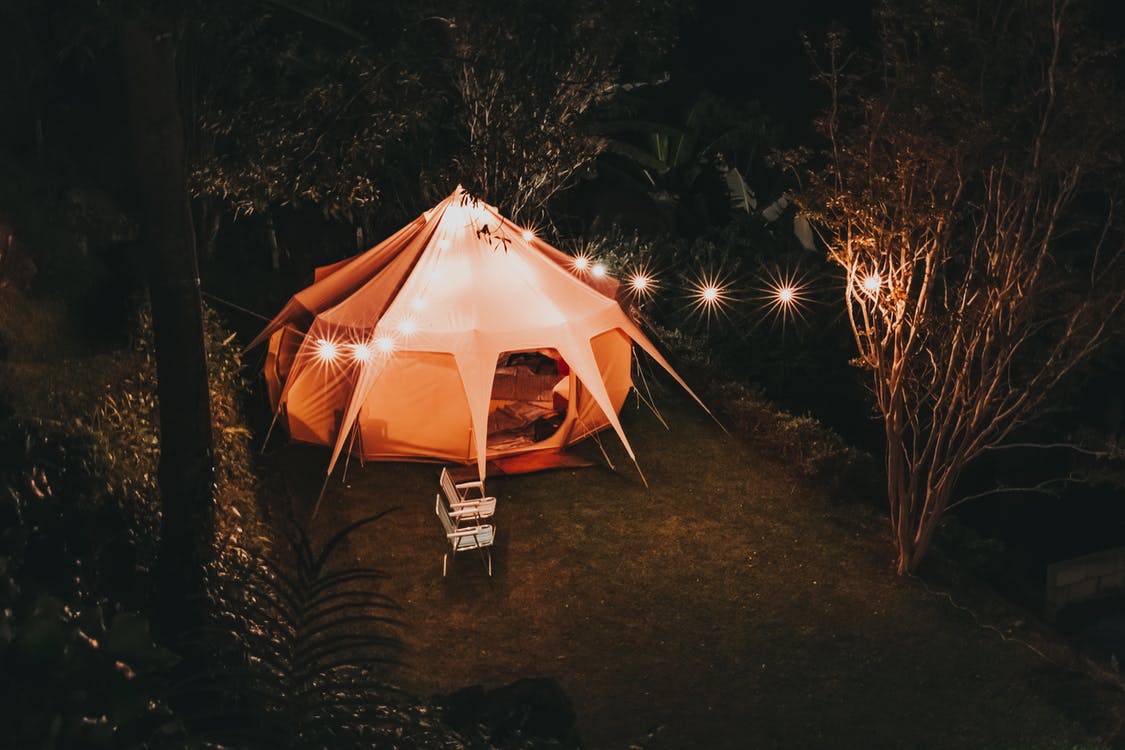Camping can be a great way to experience the outdoors and just get away from all the hustle and bustle of everyday life. Getting outside is good for the mind, body, and soul.
To some, camping is a great adventure or a favorite pastime. However, some think of camping as a rugged activity that isn’t something that fits in their more comfortable lifestyle.
The thing is, there are generators just to make camping a little less rugged and a lot more refined. Suppose you are already in the market for one. In that case, you can find suggestions for the top camping generators from Generator Guide. And if you want ‘real ‘silent generators that you can rely on, contact EGH Hire now.
Let’s take a look at camping generators. In this article, we will tell you everything you need to know about generators for camping. Let’s get started.
Why Use a Generator for Camping
For the purists out there, taking a power station on a camping trip defeats the purpose of camping. However, for those new to camping adventures or those that just need a little more pampering, they are a necessity. Here are some helpful ways you can use a generator while camping:
1. Keep it Cool
Many people can’t stand to be too hot or cold. Keeping the perfect temperature isn’t something done easily while camping. With a generator, you can run electric fans or portable diesel heaters in your tent. This is a great way to regulate the temperature, especially in the summer, since leaving the door open will let in many bugs.
2. Remove Pesky Bugs
Speaking of bugs, generators can also give you the power to use a bug zapper to keep them from swarming your campsite. Now you can relax instead of looking like you are trying to learn a new funky dance by swatting at mosquitos. Bug zappers can help you be more comfortable and bite-free.
3. Make a More Comfortable Bed
Another big thing a generator can help with is making sure you have a comfortable place to sleep. Camping in a tent usually includes sleeping bags on the ground. In wooded areas, sleeping in tents means you have to find the perfect spot without tree roots sticking up. Also consider a blackout tent as a great option.
Another option is an air mattress. Blowing up an air mattress manually is hard work, and it takes what seems like all day to do. However, with a portable generator, you can now air up that mattress in a matter of minutes.
4. Provide Electricity for Small Gadgets
Generators can be an excellent idea for other reasons as well. You can keep your phone charged, meaning if you need to call for help, you can. You can string lights to help in the dark or bring along some of your cooking gadgets like a small crockpot. This is a great idea for those who love a good home-cooked meal.
Buying Guide: Camping Generator Types, Noise Levels, and Fuel
Like every other camping equipment piece, there are so many different options to choose from when it comes to camping generators. For the most part, they pretty much all do the same thing. Here is a quick rundown of small generators. This rundown will help you decide on what generator is right for you.
1. Generator Types
In general, there are two different types of generators: conventional generators and inverter generators. Choosing the type of generator will require some research.
The first type is the conventional generator. These are usually a little bulkier because they are not as fuel-efficient as their counterparts. Hence, they have a larger fuel tank. However, they can generally produce about 10,000 watts, whereas inverters stay up to around 4,000 watts.
These generators also only produce AC electricity, which can fluctuate while operating. Some of the more sensitive electronics can be ruined with these.
The other type is an inverter generator. This type of generator is more fuel-efficient with a smaller fuel tank, making the generator smaller and more mobile.
Though they do not produce electricity with near as many watts as conventional generators, they can produce it in three phases. They go from high-frequency AC to DC and then back to a more stable AC. They also adjust automatically as the load changes.
2. Noise Levels
With these two very different types of generators comes the noise level.
Conventional generators are often the ones found on construction sites or back up generators for houses in electrical outages. These are not enclosed and are often quite loud. If you are using it for an RV, it might not be so bad. However, getting sleep in a tent with one wouldn’t be easy.
Inverter generators, on the other hand, are very quiet. This type of generator shouldn’t disturb your sleep. Any nearby campers probably would appreciate this one too.
3. Fuel
One thing about camping generators is that they all need fuel. The fuel they take all just depends on their specific features and capabilities. The majority of these generators do run on regular gasoline, like the stuff your car runs on. However, some of them may run on diesel fuel or even propane.
Conclusion
If you are one of those that let the ruggedness of camping keep you away, you might want to rethink the idea of taking a trip. With camping generators available everywhere, you can take a relaxing trip to explore the outdoorsy side of you and stay comfortable.
They can help keep the bugs away, provide you with a comfy bed, keep the temperature in the tent down, and even charge your phone and let you cook an actual meal. All at the same time, you get to unwind in the great outdoors.

